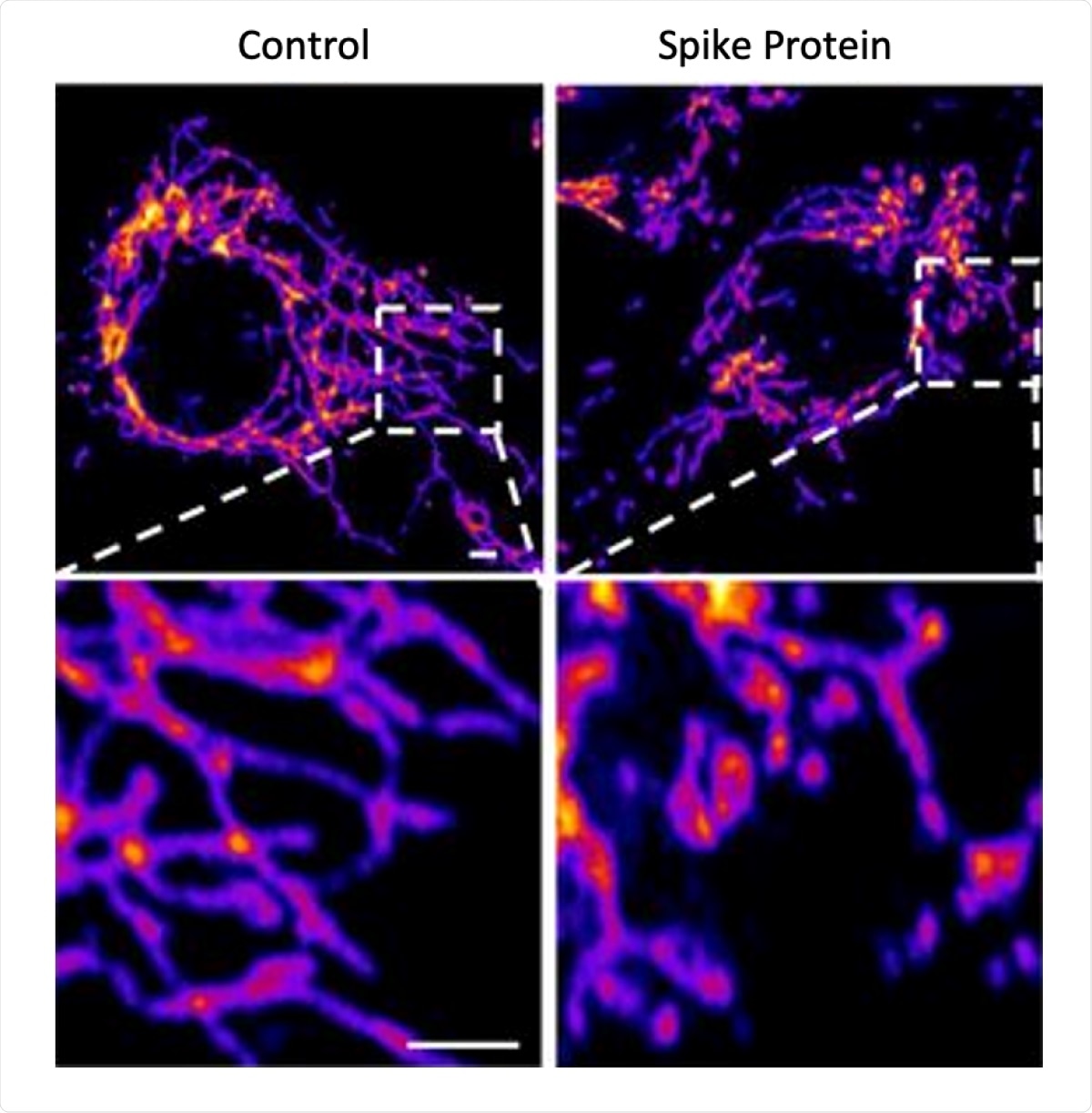The severe acute respiratory syndrome coronavirus 2 (SARS-CoV-2), the pathogen that causes the coronavirus disease (COVID-19), contains the spike protein that binds with the human angiotensin-converting enzyme 2 (ACE2) receptor to enter and infect host cells.
Researchers in the U.S. and China have revealed that SARS-CoV-2's spike protein does not only latch and bind to healthy cells for infection, but also plays a key role in the disease process.
The study, published in the journal Circulation Research, suggests that COVID-19 is not only a respiratory disease but also a vascular disease. It highlights how the virus attacks the vascular system, causing endothelial impairment.
Vascular disease
The spike protein plays a pivotal role in the receptor recognition and cell membrane fusion process. It is composed of two subunits – S1 and S2. The S1 subunit contains the receptor-binding domain (RBD) that binds to the host receptor ACE2. The subunit S2 mediates viral cell membrane fusion by generating a six-helical bundle.
The vascular endothelium can be infected by SARS-CoV-2, triggering mitochondrial reactive oxygen species production and glycolytic shift.
In the current study, the team showed that S protein alone could damage vascular endothelial cells (ECs) by downregulating ACE2 and limiting mitochondrial function. Endothelial cells line the blood vessels in the body, which are crucial for blood circulation.
The team used a "pseudovirus" that was adorned with SARS-CoV-2 spike proteins to arrive at the study findings. They administered the pseudovirus expressing S protein (pseu-spike) to Syrian hamsters directly into the trachea. The animals that received the pseudovirus exhibited lung damage.
Further, the study revealed that exposure to the pseudovirus resulted in damage to the animals' arteries, showing that the Spike protein alone causes disease. The team also found that the endothelial cells lining the pulmonary artery walls were inflamed in tissue samples.

Representative images of vascular endothelial control cells (left) and cells treated with the SARS-CoV-2 Spike protein (right) show that the spike protein causes increased mitochondrial fragmentation in vascular cells.
The team performed another experiment in the laboratory by exposing healthy endothelial cells to the spike protein. The results showed that the spike protein damaged the cells by binding with ACE2. The attachments altered ACE2's molecular signaling to the mitochondria, causing mitochondrial fragmentation.
When the cells were exposed to the spike protein, mitochondrial fragmentation resulted in altered mitochondrial dynamics.
If you remove the replicating capabilities of the virus, it still has a major damaging effect on the vascular cells, simply by virtue of its ability to bind to this ACE2 receptor, the S protein receptor, now famous thanks to COVID," Assistant Research Professor Uri Manor, a study co-author, said.
"Further studies with mutant spike proteins will also provide new insight towards the infectivity and severity of mutant SARS CoV-2 viruses," they added.
Further studies are needed to assess how the disrupted ACE2 protein damages mitochondria and causes structural changes.
COVID-19 situation
To date, more than 152.97 million people have been infected with SARS-CoV-2. Of these, 3.20 million have died. People are at a high risk of developing severe COVID-19, including older adults, those with comorbidities, and those who have weakened immune systems.
Source:
Journal reference: